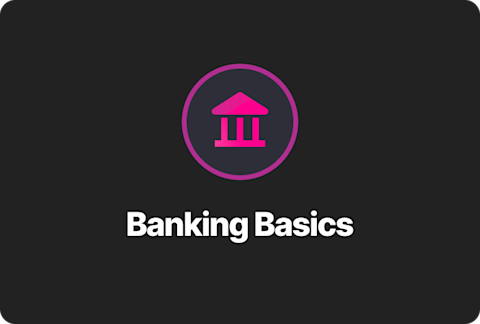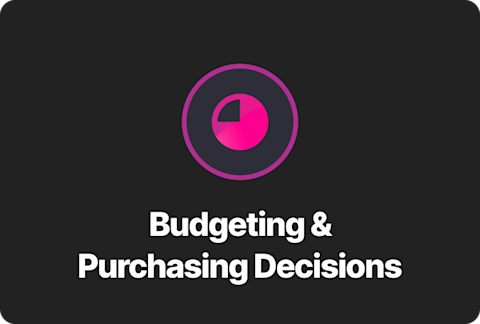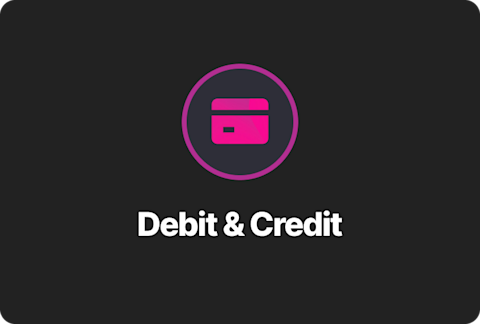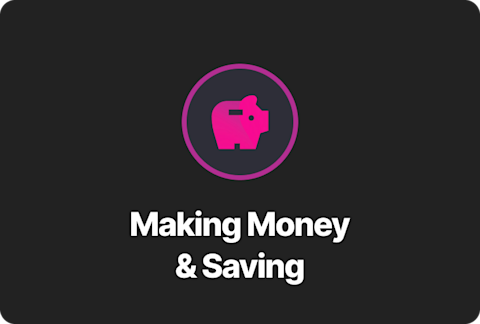How to Create a Weekly Budget Plan for Students That Actually Works 💸
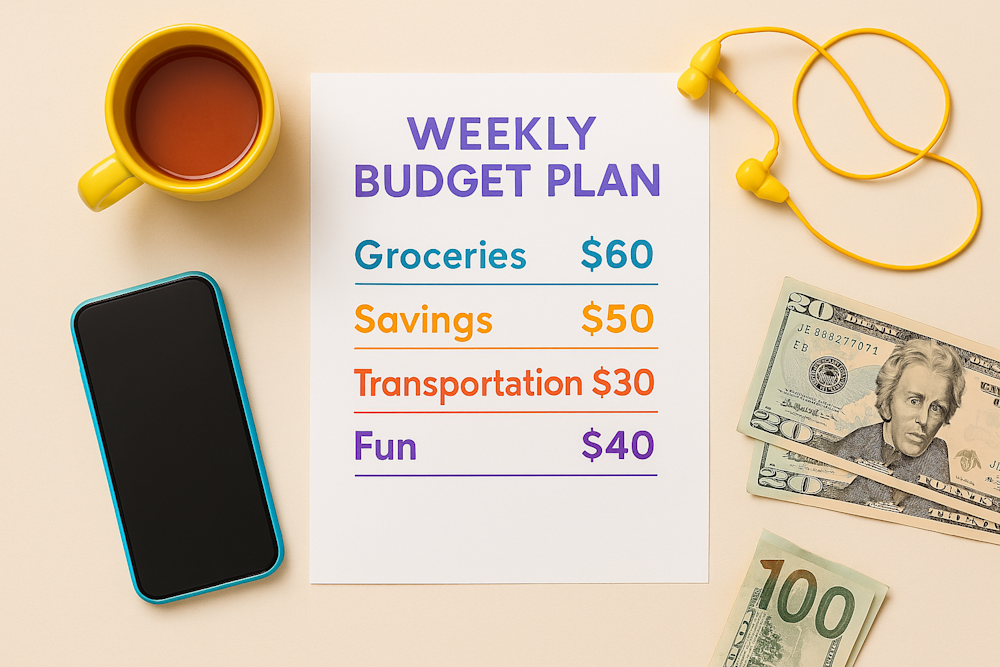
You ever get paid on Friday and somehow, by Sunday night, you're already broke—and you’re not even sure how it happened?
Yeah. Same.
Money stress is real, especially when you’re a student. Tuition’s going up, your job pays just enough to get by, and somehow you're spending more than you thought on snacks, Ubers, and last-minute plans. It adds up fast. That’s why so many students end up swiping their credit cards or borrowing money just to make it to the next week.
But there’s a better way.
A simple weekly budget plan for students can help you stay in control of your money, avoid falling into debt, and start building financial independence—without giving up the things you enjoy.
Weekly Budget Plan for Students – Why It Matters 🎯
What Is a Weekly Budget Plan and Why Should Students Use One?
A weekly budget plan is like a cheat code for your money. It helps you stay on top of what you’re spending, adjust quickly when life changes, and avoid overdrafting your account by mid-month.
Most students get paid or receive money in small chunks—part-time jobs, freelance gigs, allowance, financial aid refunds. A monthly budget doesn’t always work when your cash flow changes every week. Weekly budgeting just makes more sense.
Common Expenses Students Should Track Weekly
When you’re figuring out your plan, these are the expenses that usually sneak up on people:
Food and groceries
Transportation (gas, rideshare, or bus passes)
Subscriptions (Spotify, Netflix, cloud storage)
School supplies or textbooks
Personal care (toiletries, laundry, haircuts)
Entertainment (movies, nights out, online shopping)
These are the categories where your money tends to disappear without you realizing. Weekly budgeting helps you catch those patterns early.
Why Budgeting Weekly Makes a Difference
When you stick to a weekly plan, you stress less, save more, and stop accidentally overspending. Plus, if you're using a credit card to build credit, budgeting helps you stay on top of payments so you never carry a balance you can’t pay off.
Apps like Step also make it easier to manage your money and build credit with confidence. Pairing a budget with a credit building app is one of the smartest things you can do in your early financial life.
Weekly Budget Plan Example for Students 💵
What a Realistic Weekly Budget Looks Like
Let’s say you have $250 to spend for the week. That might come from your job, a side hustle, or support from family. Here's how that could break down in a realistic way:
Groceries: $70
Transportation: $30
Entertainment + going out: $40
Savings: $40
School & supplies: $30
Miscellaneous: $40
This kind of budget gives you flexibility. If you don’t have any supplies to buy one week, you can shift that toward savings or fun. If you're saving for something specific—like a trip or a new phone—give that its own line.
Make It Work for You
Not everyone has the same lifestyle. If you’re on a meal plan, you might not need as much for groceries. Don’t spend $30 on gas if you walk everywhere. And if you’re the kind of person who loves eating out with friends, make sure your budget reflects that—but cap it before it takes over your entire week. This is about designing a plan that fits your real life, not a perfect one.
How to Build Your Budget From Scratch 🛠️
You don’t need a fancy app or downloadable template to build a weekly budget.
You just need:
A total number (how much you’re working with this week)
A breakdown (where that money’s going)
A way to track it (phone notes, a notebook, spreadsheet—whatever works)
Spreadsheets are great because they do the math for you. But if you prefer paper, that works too. What matters is checking in weekly—even just five minutes every Sunday—to see how you did and what needs to change.
What If You Don’t Make That Much? 🔍
Budgeting on a Tight or Inconsistent Income
If you don’t have a steady job or your income changes week to week, budgeting is still worth it. The trick is to start with what you do have and cover your must-haves first: food, transportation, and anything you can’t go without. Even if you can only save $10 this week, do it. That habit builds over time and gives you a buffer when things go sideways.
How to Keep It Together
Your plan won’t be perfect every week. That’s normal. The goal isn’t to hit every number exactly—it’s to be aware of what’s happening with your money.
Set a reminder to review your spending at the end of the week. See what worked, what didn’t, and adjust. Use tools like Step EarlyPay if you’re in between paychecks and need to stay ahead, instead of turning to high-interest options.
And if you’re using a credit-building tool, make paying it off part of your weekly routine. That’s how you build credit the smart way—on your terms.
Mistakes Students Make (And How to Avoid Them) ❌
Common Budgeting Slip-Ups
Most students don’t track small expenses—things like daily snacks, random delivery fees, or last-minute group plans. These seem harmless, but they can blow up your budget fast. Another common issue? Forgetting one-time or seasonal costs—like textbooks, travel, or club dues—and not planning for them in advance.
How to Stay On Track
Give yourself realistic limits. Don’t pretend you won’t spend anything on fun—just decide ahead of time how much is okay. Make it easy to track your money by using categories that make sense to you, not what a template says you “should” use. And remember: if your week doesn’t go perfectly, that’s fine. Budgeting isn’t about being perfect. It’s about getting better, little by little.
Want to Go Deeper Into Budgeting? 🎥
Getting your weekly budget in place is a great first step—but if you want to go a little deeper and really understand how to manage your money, we’ve got something that can help.
We put together a full YouTube video that walks through the basics of budgeting in a way that’s simple, clear, and practical—no confusing jargon or overwhelming advice.
🎯 Watch: Everything You Need to Know About Money – Beginner’s Guide to Budgeting
It covers how to build a budget from scratch, how to adjust it over time, and how to make it work even if your income isn’t consistent. Whether you're brand new to budgeting or just want a refresher, it's a great next step.
Check it out, take what works for you, and start building a system you can actually stick to.





